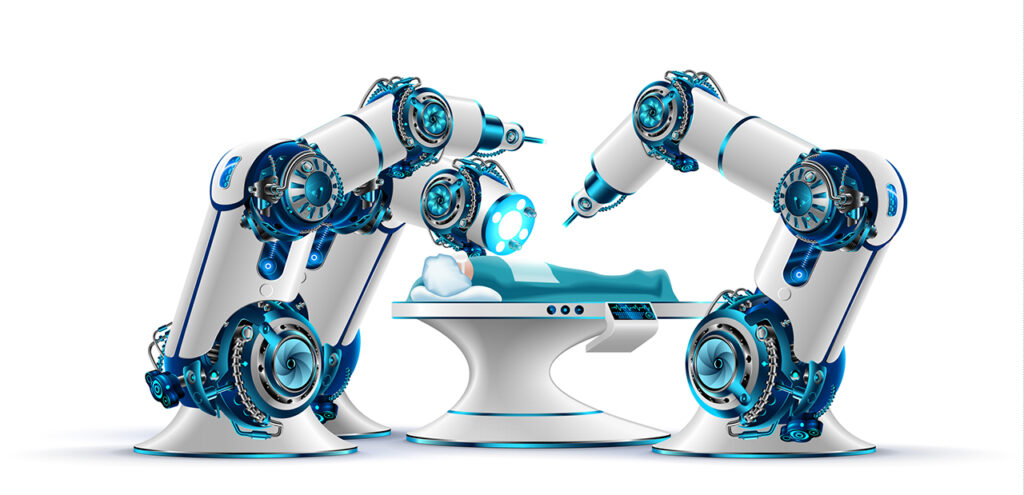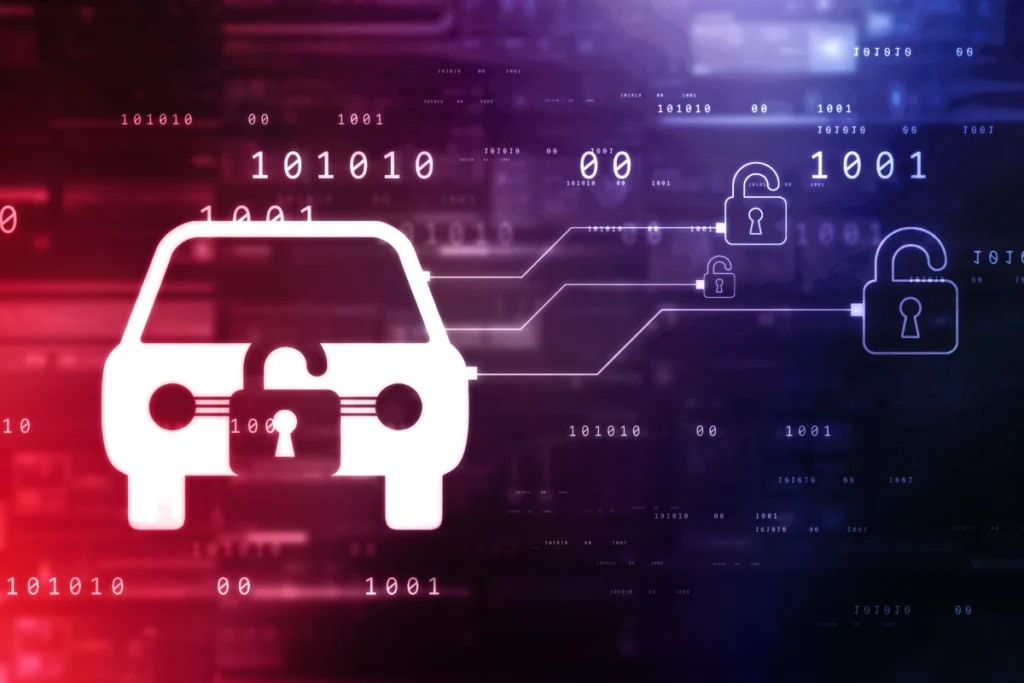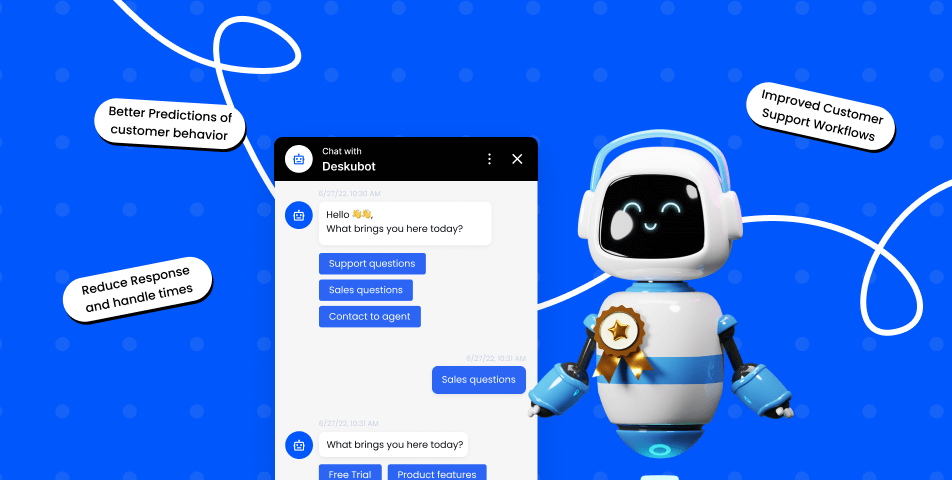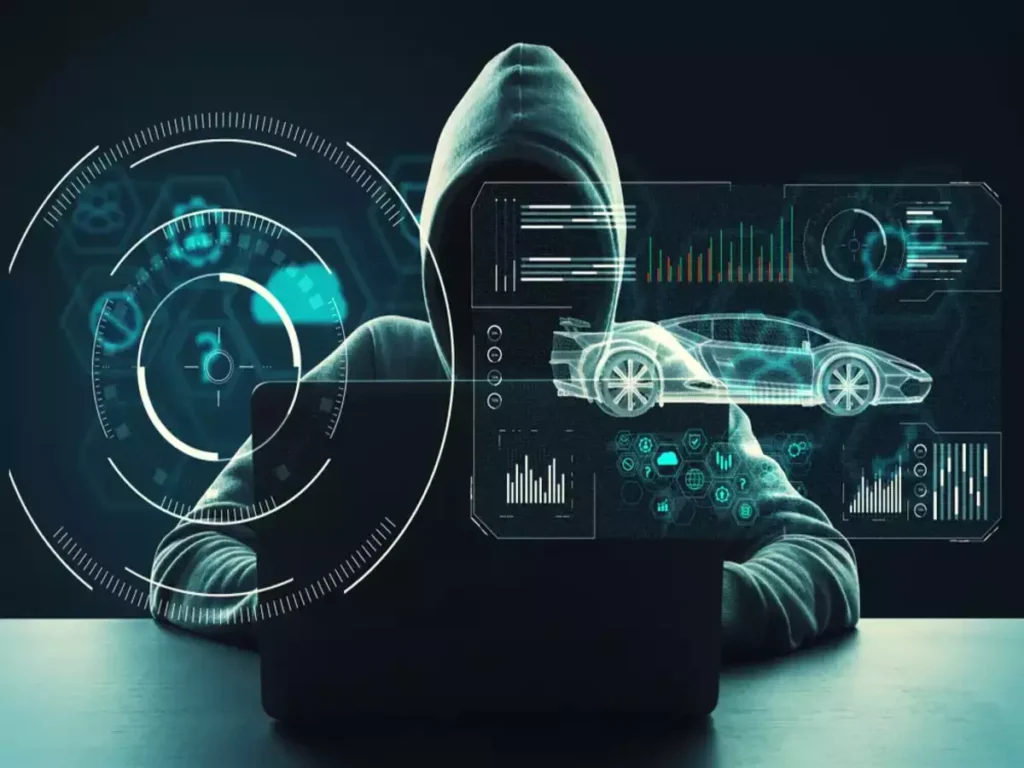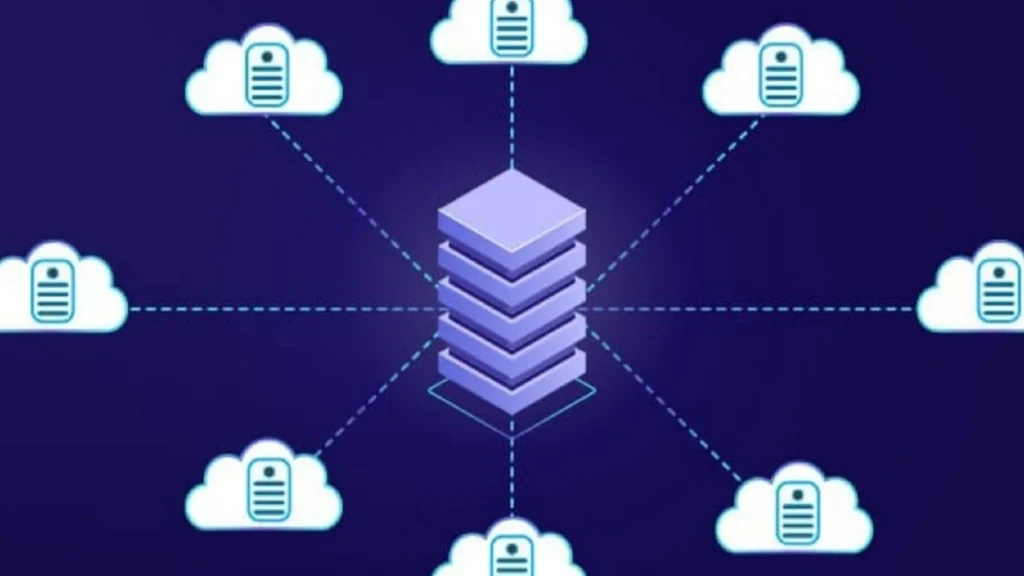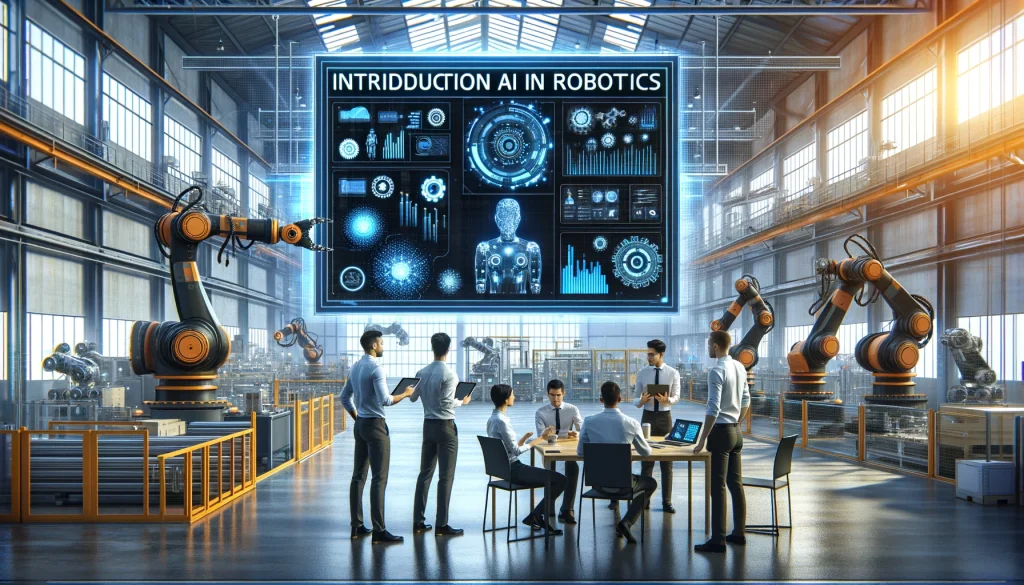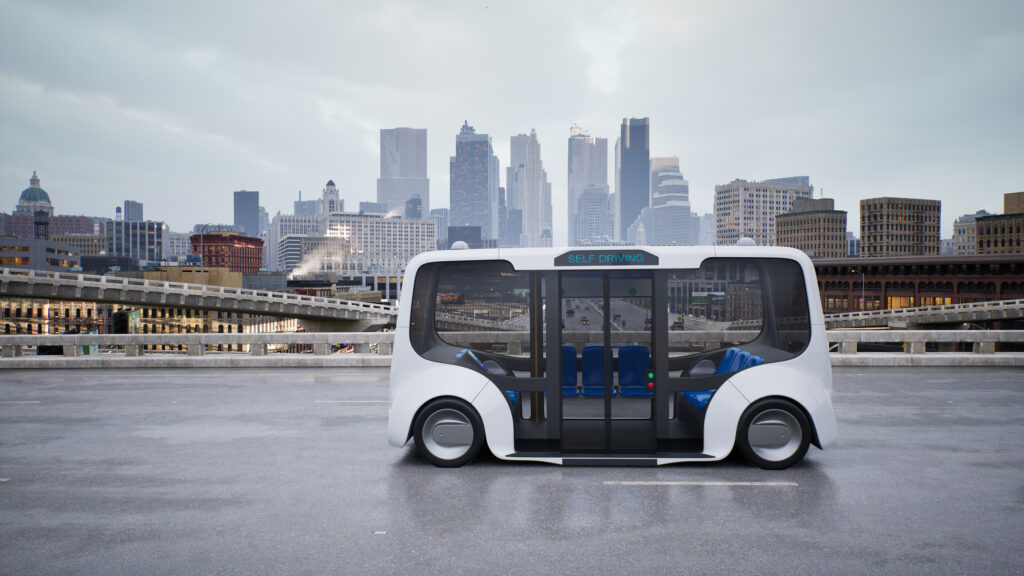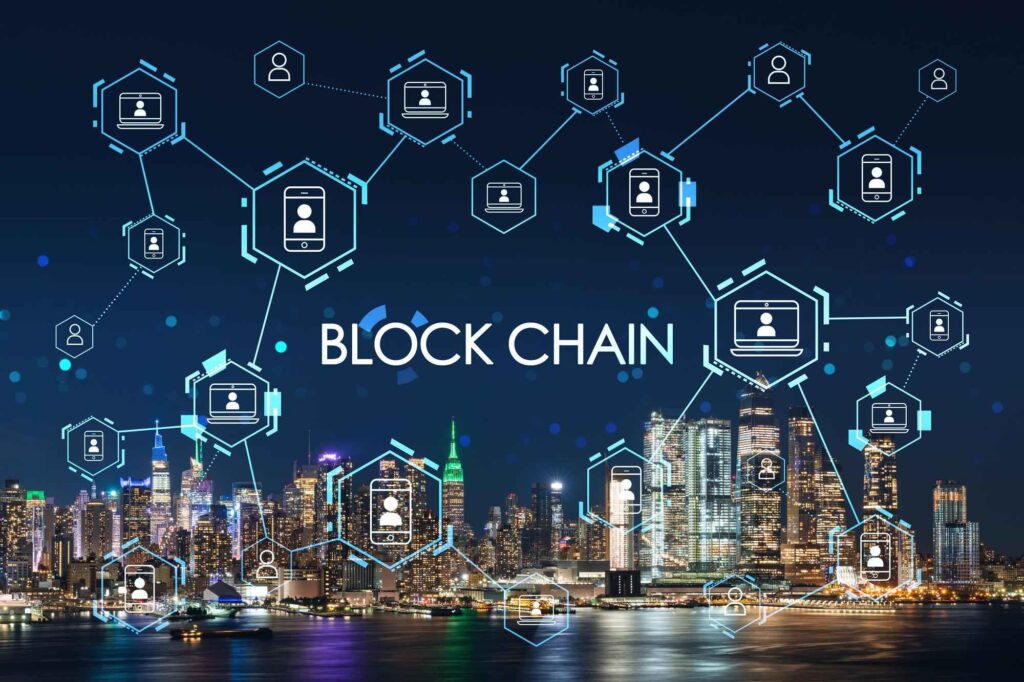5G and Beyond: Advancing Remote Healthcare with Telemedicine
The rapid evolution of wireless communication technologies, particularly the advent of 5G and beyond, is transforming the healthcare landscape. Telemedicine, which allows patients to receive medical care remotely, has seen significant advancements due to high-speed, low-latency connectivity. With 5G and emerging 6G technologies, healthcare providers can deliver real-time diagnostics, remote surgeries, and AI-driven medical assistance […]
5G and Beyond: Advancing Remote Healthcare with Telemedicine Read More »



